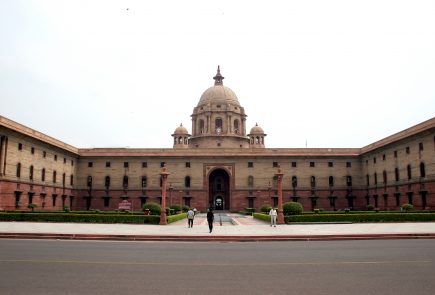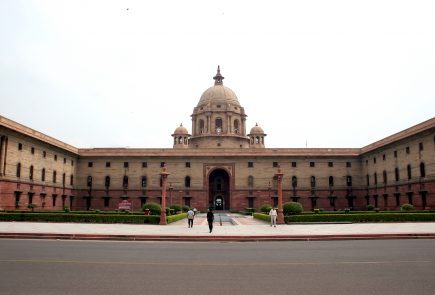Supreme Court of India Junks Section 66 A, Upholds Freedom of Speech

Starting the day on the right note, the Supreme Court today deemed Section 66A of the Information and Technological Act as unconstitutional. This Act granted police the power to arrest anyone for sending out offensives messages from computers, mobiles or any other communication portals. The law had a maximum penalty of 3 years for the offenders. The Court stated that freedom of expression was directly affected by the Section 66 A of the IT Act and hence the law needed to be quashed.
Commenting on its decision, Supreme court said that such law hampers with the freedom of expression which is one of the pillars of a democratic nation like India. The court ordered the section to be removed from the law books, as there have been several cases where Section 66A was misused by the authorities.
The first PIL was filed after two girls in Maharashtra were arrested for a post on Facebook relating to a famous political figure. Several other cases soon came to light which led to mass protest against the draconian law. Below are some of the examples were the section was misused by the authorities to suppress descenting voices:
1. Jadavpur University professor Ambikesh Mahapatra was arrested for forwarding comic strips on Trinamool Congress chief Mamata Banerjee on Facebook in 2012.
2. A tourism officer in Varanasi was arrested for uploading “objectionable” pictures of Samajwadi Party chief Mulayam Singh Yadav, Uttar Pradesh Chief Minister Akhilesh Yadav and senior SP leader Azam Khan on Facebook.
3. Activist Aseem Trivedi was arrested in 2012 for drawing cartoons of Parliament and the Constitution to portray their ineffectiveness. He was arrested on charges of sedition, leading to an array of huge protests.
4. Recently, a class 11 student was arrested for making a Facebook post about UP minister Azam Khan.
Petitioners, including several NGOs and civil right groups, argued that the law interferes with the fundamental right of a citizen, Freedom of Speech. The activists as well as the common public applauded the decision of the court.
The Government though had asked the court to uphold the law. They were against the removing the Act and warned that the removal of the same could incite the people into uploading grossly offensive material which could trigger lawlessness, public anger or violence. The Government stated that the Act cannot be declared unconstitutional, merely because of the possibility of ‘abuse’.
Lastly, the court said that terms like ‘illegal’, ‘grossly offensive’, ‘menacing characters’ are vague and empty expressions which are more likely to be misunderstood and abused. It also added that ‘what may be offensive to some, may not be offensive to others.’
After weeks of protesting against the tyranny of the Indian Government banning Beef, the AIB Roast and the documentary India’s Daughter; this news provides much-needed relief. It reassures and reminds us that we have a strong judicial system which protects us from our ruling government; if and when the need arises.























